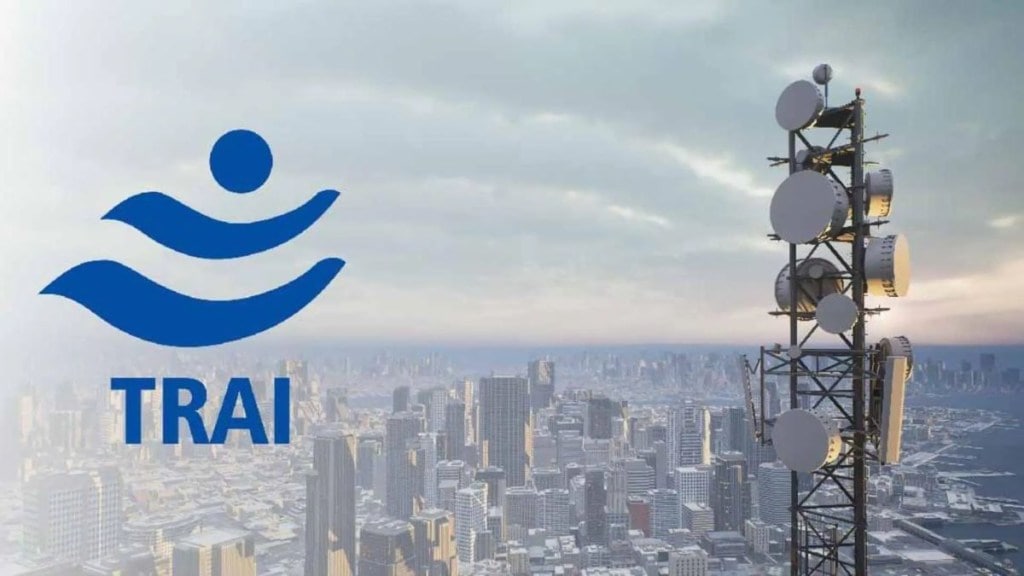The Telecom Regulatory Authority of India (Trai) and the department of telecommunications (DoT) are inching closer to a final consensus on introducing the Calling Name Presentation (CNAP) service, with both sides now aligned on key aspects of its rollout. CNAP service aims to make mobile communication more transparent by displaying the caller’s name alongside their number during incoming calls.
Trai, in its response to the DoT on Tuesday, agreed that CNAP should be enabled by default for all subscribers, though users will have the freedom to switch it off if they choose. The regulator, however, maintained that CNAP should continue to function as a supplementary service, in line with global telecom standards rather than a mandatory core feature.
Crucially, both agencies have agreed to implement CNAP in phases, beginning with 4G and newer networks such as 5G, before extending it to older 2G networks once the technical groundwork is ready.
This staged approach, officials said, will ensure that deployment begins where the technology and infrastructure can best support it, minimising disruptions to legacy systems.
According to Trai, CNAP service will act as a deterrent against spam and fraudulent calls that have become increasingly common. To make this possible, telecom operators will need to set up and maintain secure databases linking subscriber names with their respective numbers. Subscribers who have chosen to restrict their caller identification will remain excluded from the service.
Trai has also advised that all new telecom devices sold in India should be CNAP-compatible within six months of the government’s notification. Additionally, it has proposed a revision in the unified licence definition of calling line identification (CLI) to include both the number and the name of the caller. This change would formally bring CNAP under the telecom licensing framework.
The DoT had earlier sent Trai’s February 2024 recommendations back for reconsideration, raising questions around privacy, licensing, and interoperability. In its latest response, Trai has incorporated most of the government’s feedback while preserving the overall architecture of its earlier proposal.
Major operators, including Reliance Jio, Bharti Airtel, and Vodafone Idea, have already conducted successful CNAP trials on 4G and higher networks in partnership with vendors such as Nokia and Dell Technologies.

